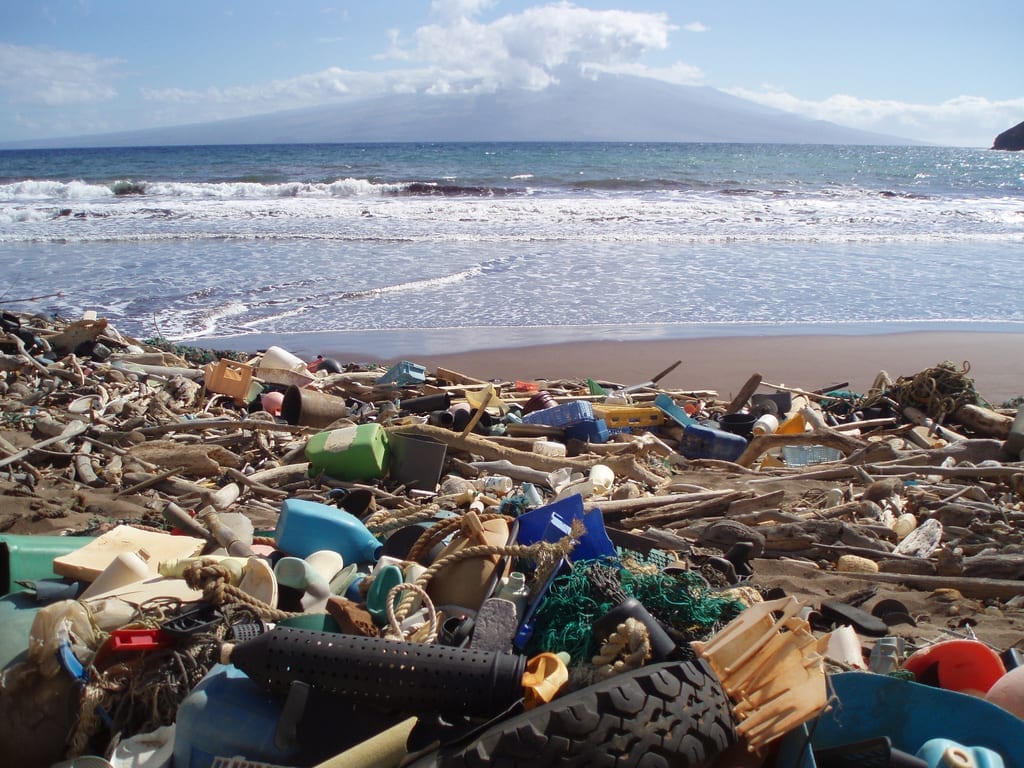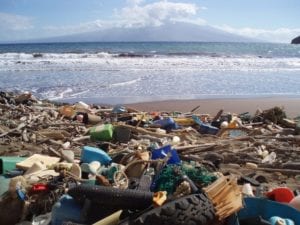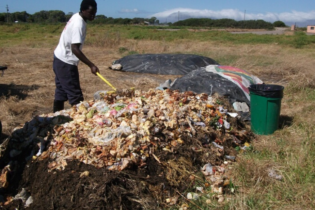
A new report says that there could be more plastic than fish in the ocean by 2050. Picture: Supplied
Jambeck participated in a panel discussion at the University of KwaZulu-Natal’s Westville Campus, she addressed attendees on the impacts that ocean pollution has on the environment and health.
“There are people alive today who remember a world without plastics,” Jambeck said. “But they have become so ubiquitous that you can’t go anywhere without finding plastic waste in our environment, including our oceans.” The discussion was attended by members of the Academy of Science of South Africa (ASSAf), specialists from the Council of Scientific and Industrial Research (CSIR), as well as members from the eThekwini council, and local NGOs. At another panel session which she took part in at the Two Oceans Aquarium in Cape Town, she spoke about global and local solutions to plastic pollution in oceans. “It may be easier to have policy changes happen at the municipality scale or community scale and grow [changes] from there,” she said. “That is perhaps a strategy I am putting out there for folks, if they think about initiatives at a smaller scale and grow them larger.”






